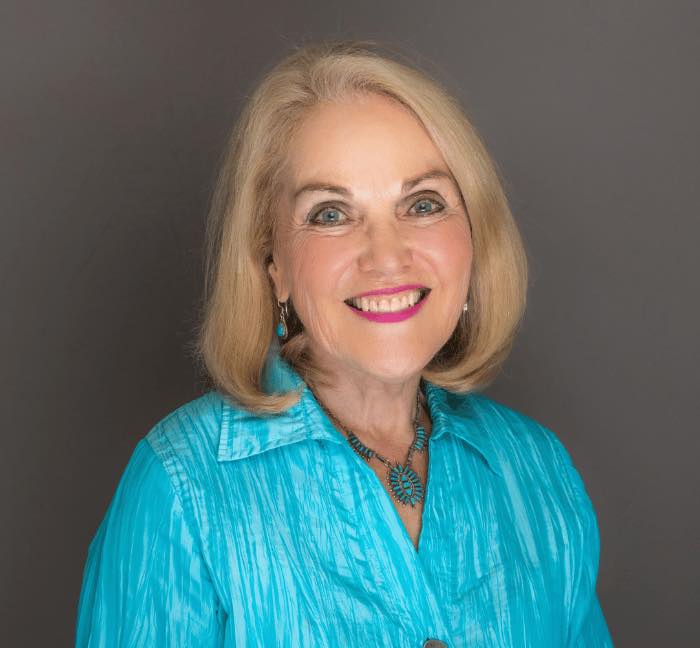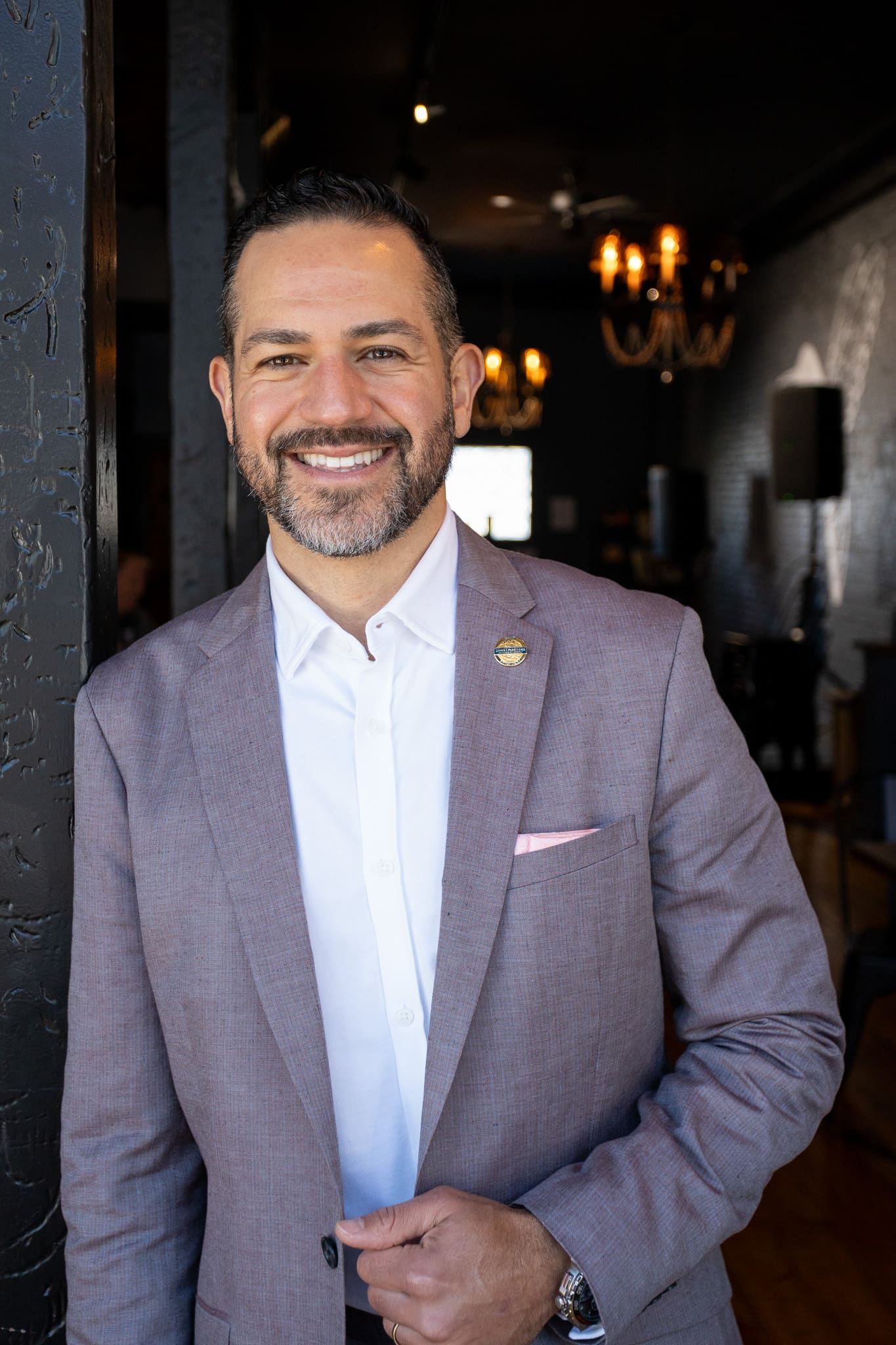Spotting Fraudulent Medicare Billing—Worth Billions Every Year
According to the Federal Trade Commission, Medicare fraud costs taxpayers $60 billion a year. Fraudsters get away with it because most of the time, no one is stopping them. Here’s a real case, in which I personally spotted the suspicious billing that immediately looked to me like fraud.
A family member we’ll call Tony had a Stroke in 2013 and was significantly disabled by it, mainly losing the ability to read and to speak clearly. He can say things and you can generally get the idea but he can’t say specific nouns or names. He certainly can’t discuss feelings. I am in charge of his medical care. I get the Medicare statements (explanation of benefits or EOB) every three months. He lives in a senior community in his own studio apartment and is medically stable. Care looks pretty routine five years after the stroke, with various medications and doctor visits covered. But, this time when I looked, something popped out at me on his Medicare statement.
Unusual activity on the billing
There were charges, paid by Medicare, for three times a week appointments from a psychologist. This was a full five years after the stroke. These charges went on for six months, including during Covid. It was charged to Medicare with the diagnosis that Tony was having trouble adjusting after admission to a “Nursing home”. But he was not in a nursing home. Not only that, but with any such speech-impaired person, psychotherapy (all talking) is not an appropriate kind of care. This senior simply can’t answer questions, nor discuss his emotions in any way. Tony can’t say those words because of brain damage from his stroke. This billing was for something that I knew could not have taken place-psychotherapy for a person not in a nursing home.
First step
As the healthcare agent for Tony, I sent a written request for his records from the organization that sent the psychologist to do “Therapy” with Tony. It is a large company of neuropsychologists who serve healthcare facilities across the state. All care for Tony must be approved by me and I had never heard of the organization, much less approved “therapy”. I had no idea how they even got his Medicare number. He would not be capable of providing it, as he can no longer read. Tony is not capable of giving “informed consent”, an essential any healthcare provider must get before doing any treatment. If the patient can’t give this consent because of disability, the legal representative, (myself in this case) has to give it. No psychologist ever got informed consent for any psychotherapy from me, nor from anyone. That alone made the supposed care improper.
The records of psychotherapy were carefully written in a sort of generic fashion, which on its surface, would look legitimate to the untrained eye. They described that Tony had “difficulty adjusting to the nursing home” and needed therapy to help him. I knew with certainty that Tony never went to the nursing home at his facility, though one did exist on the campus where independent apartments and assisted living were also provided. Billing Medicare for a resident’s “difficulty adjusting to the nursing home” when he wasn’t in a nursing home looked very wrong. Furthermore, he had adjusted just fine to his senior’s apartment and was doing well.
Next steps
I sent a warning letter to the senior care home where Tony lived and demanded that they keep his Medicare information private, as required by law. I informed them of the wrongdoing, and that unauthorized persons had gained access to his Medicare number and the fact that he had had a stroke in the past. They had allowed the company of neuropsychologists access to a resident’s confidential, privacy-protected file without permission! Apparently the company of psychologists did sometimes do legitimate work there for residents who really were in the nursing home. Based on the company’s apparently “good” work there, the facility was apparently fooled into believing that it was appropriate to let them see Tony’s records. This looked so underhanded. And so planned. I did not think it was accidental or a mistake. Six months of billing? No, not an accident.
The Call With the Doctor
Next, I played dumb and asked for a conference call with the neuropsychologist who had allegedly treated Tony. She had her boss on the call with her at first, all eager to tell me about their stroke program. I told him I had no interest in the program and he left. I then spent an hour on the zoom with the person who wrote what looked to me like absolutely fake care notes. She was evasive when I asked her direct questions. She clearly did not know Tony at all. The seniors’ home had been shut down to all visitors during Covid, but her notes said she visited Tony in the “nursing home” during that time. I finally asked her to justify the billing, as I knew that Tony was never in that nursing home she had said he had trouble adjusting to. She got very nervous, started to stutter, and said they would refund the several thousands of dollars they had charged. She couldn’t get off the call fast enough.
Reporting
I reported the suspected fraud to the Medicare Fraud unit of our federal government, as its website directs, together with supporting evidence. (27 years of litigation in my background helped me know what to give them). I provided a full description of how no such therapy could have taken place, together with confirming witness statements. The federal government has specific directions for reporting Medicare fraud. So does the state. I reported to both. Those I spoke to thanked me for taking the time. And then nothing happened.
The Professional Licensing Board
My husband and partner at AgingParents.com is a licensed psychologist of many years, and he knew Tony. He was incensed that someone would falsify records of therapy to get Medicare payment. He let me know about the licensing board in the state. I went after the psychologist’s license with all the same information I had provided to Medicare. They address license violations, and unethical conduct.
Two years after my report to the licensing board, I got a call from a state investigator. He apologized for the delay, saying that someone had dropped the ball and all the evidence was lost. I sent him everything again, together with my notes of the call with the actual, apparently fraudulent neuropsychologist. He had a few contacts with me, and went over the witness statements. Long after, I received a copy of an Accusation, which is a legal proceeding to revoke or suspend a license in the profession of psychology. The likely outcome is that the false records she created for Tony will lead directly to suspension or revocation of her license. At least one person will be stopped from this fake record creating, and wrong billing of Medicare for nonexistent treatment. The company that sent her to Tony, however, may be completely unscathed. It looked like the company was the puppeteer and their employee psychologist had been their willing puppet.
Why Medicare fraud persists at the multi-billion dollar level every year
You can see from my own experience, as a retired RN and attorney, that careful reporting with solid evidence is not stopping fraudulent Medicare billing. The federal government, for reasons unknown, is not following up on investigating such a well-documented case of apparent fraud as they had with my report. I can only speculate that the bureaucracy lacks internal controls to record and track each complaint, and the outcome, after it is reported. I can also speculate that the Feds do not provide sufficient resources for their investigative personnel to follow through and actually prosecute these abusers. It should be a standardized process. I spent decades as a litigator. I am very familiar with what it takes to prove an allegation at a hearing or trial. The Medicare fraud unit had all that in this case and yet, no prosecution took place.
The worst part of this is that the fake visits to the “nursing home” to provide therapy to a resident were all paid for by Medicare without question. The crooked scheme hatched by the neuropsychologists at the head of the company is likely to be widespread. They work throughout the state. Legitimate work is billed, cleverly mixed in with billing for fake treatment. The notes of fake visits look real and are so generic as to sound credible if they are ever reviewed. It is only when a family member or other caring person speaks up that any possibility exists for stopping Medicare fraud. And then, obviously, speaking up enough only goes so far. My guess is that the shameful psychologists are still having a great time and making a huge profit over fake therapy billing. Multiply Tony’s matter times thousands. They probably chose him because he, like millions of other elders, has no wife, nor kids, nor witness to spot the falsified billing records until long after the deed is done. And he could not understand his Medicare billing himself, so they get away with it.
Fraud and Waste in Government Spending
If you ever wonder how $60 billion of our taxpayer Money funding Medicare is being blatantly wasted, now you can see why. No one is prosecuting and stopping the everyday thief who exploits our federal government’s inefficiency with Medicare payments. “Cutting out fraud and waste in government spending” is a good sound byte. It will take a complete overhaul of the Medicare fraud unit to get there.
Carolyn Rosenblatt, RN, Attorney, AgingParents.com
The post Spotting Fraudulent Medicare Billing—Worth Billions Every Year appeared first on Aging Parents.

























